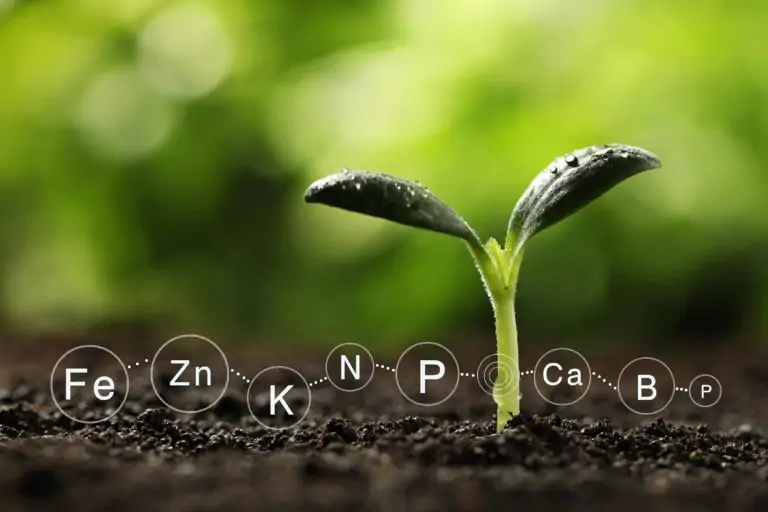For many years farmers have been criticised for an overreliance on inorganic fertilisers and the impact of their use on water quality and their contribution to GHG emissions . Now, however, global fertiliser prices have also rocketed because of the conflict in Ukraine and rising energy prices.
Since the start of 2021, some fertiliser prices have been reported to have more than doubled, and others have more than tripled. According to Bart Melek, global head of commodity strategy at TD Securities.
“We have geopolitical risk, higher input costs and basically shortages.”
Melek said potash traded in Vancouver sold for $210 per metric ton at the beginning of 2021, but by April 2022 the price was $565 per metric ton. Urea for delivery to the Middle East was trading at $268 per metric ton on the Chicago Board of Trade in early 2021 but was valued at $887.50 in April.
The crisis not only impacts developed countries. In Peru, there has been an almost fourfold increase in fertiliser prices which is threatening rice production in which seed is a staple food for tens of millions of people.
Organic farming methods
Organic farmers have long farmed without the use of purchased inorganic nutrients. Organic farms can be profitable, but crop yields are commonly lower than in conventional farming and rely on price premiums within the marketplace. This is even though organic farms use rotations, break crops, manure, and grazing livestock to build soil fertility.
Many consider organic agriculture inefficient, especially in terms of land use. Its critics point out that with a growing population and demand for food the current crop area is not enough and the further expansion of agricultural land into pristine ecosystems will result from the expansion of organic agriculture.
Many farmers will choose to rotate crops, introduce grassland and legumes to the rotation or use fewer nutrients, which could reduce crop yields and food production. Are there alternatives? Can productive agriculture be maintained at its current levels with reduced fertiliser use?
Using precision farming to reduce fertiliser use
Precision farming technologies can help to mitigate the environmental impact of agriculture through reduced fertiliser use while providing economic benefits to farmers. Precision agriculture uses sensor technology to monitor within-field variations in soil and crops, allowing the variable rate application of inputs. Nutrient applications can be better matched to site-specific field conditions. It has the potential to improve production and nutrient use efficiency and reduce fertiliser use. Precision farming can also ensure that nutrients do not leach from or accumulate in excessive concentrations in parts of the field, which creates environmental problems.
The more precise use of fertilisers has been a key objective in agricultural research for years because it increases crop production and reduces the negative impact of over-fertilization. This includes a range of agtech such as smart fertiliser management using information/data, sensors, soil nutrient mapping, integrated nutrient management and variable rate application technology.
Nanotechnology in farming
There is also a growing interest in using nanomaterials for improving plant nutrition as an alternative to traditional chemical or mineral fertilisers.
Nanotechnology can improve the efficiency of micro and macro-nutrient use in plants and overall reduce fertiliser use. Nanotechnology can be used to produce custom fertilisers with the optimal chemical composition, improve nutrient use efficiency, reduce environmental impacts, and boost plant productivity.
Alternative nutrients
Other alternatives include the use of fulvic and humic acids as fertiliser ingredients. These are organic compounds widely distributed in soils, and fulvic acid applications are thought to increase crop yield and quality. Biostimulants are a group of naturally occurring substances that contribute to boosting plant yield and nutrient uptake by crops.
Developing biostimulants from by-products paves the path to waste recycling and reduction, generating benefits for growers, the food industry, registration, and distribution companies, as well as consumers. The commercial market for these substances is growing rapidly at an estimated rate of 13.8% p.a.
Improved training and education
There are also 100-fold differences between countries in terms of fertiliser use. In the world’s poorest countries particularly across Sub-Saharan Africa, farmers only apply a few kilograms of fertiliser per hectare. This contrasts with developed countries where farmers apply hundreds of kilograms per year.
For many of these farmers, production can increase simply through improved Education and training. A project with 21 million smallholder farmers across China looked to see if they could increase crop yields and reduce the environmental impacts of farming through improved training and management.
“In the decade from 2005 to 2015, average yields of maize, rice and wheat increased by around 11%. At the same time, nitrogen fertiliser use decreased by around one-sixth providing an economic return of US$12.2 billion.”
Current conditions a catalyst for change
The crisis will put pressure on farmers and drive food prices in the short term. It will incentivize farmers to reduce fertiliser use and to make better use of inputs and will function as a further impetus for investment in alternatives such as inorganic crop nutrients and precision agriculture.
The innovative use of agtech will help to maintain agricultural production sustainably in the face of growing economic and environmental pressures.
Planning to invest in agtech?
The agtech industry is booming, spurred on by promises of greater productivity and sustainability while reducing agri input requirements. As more and more investors engage with this growing sector, it is crucial that they do so with a comprehensive understanding of the agtech landscape to avoid potential investment pitfalls.
At Farrelly Mitchell, our agtech consultants deliver actionable data and recommendations on the most effective agtech investments within the industry. We have a deep understanding of the latest technology & innovation revolutionising the industry, and we can identify suitable agtech and digitalisation tools to maximise your productivity and efficiency. Contact us today to embrace change and transform your operations.














